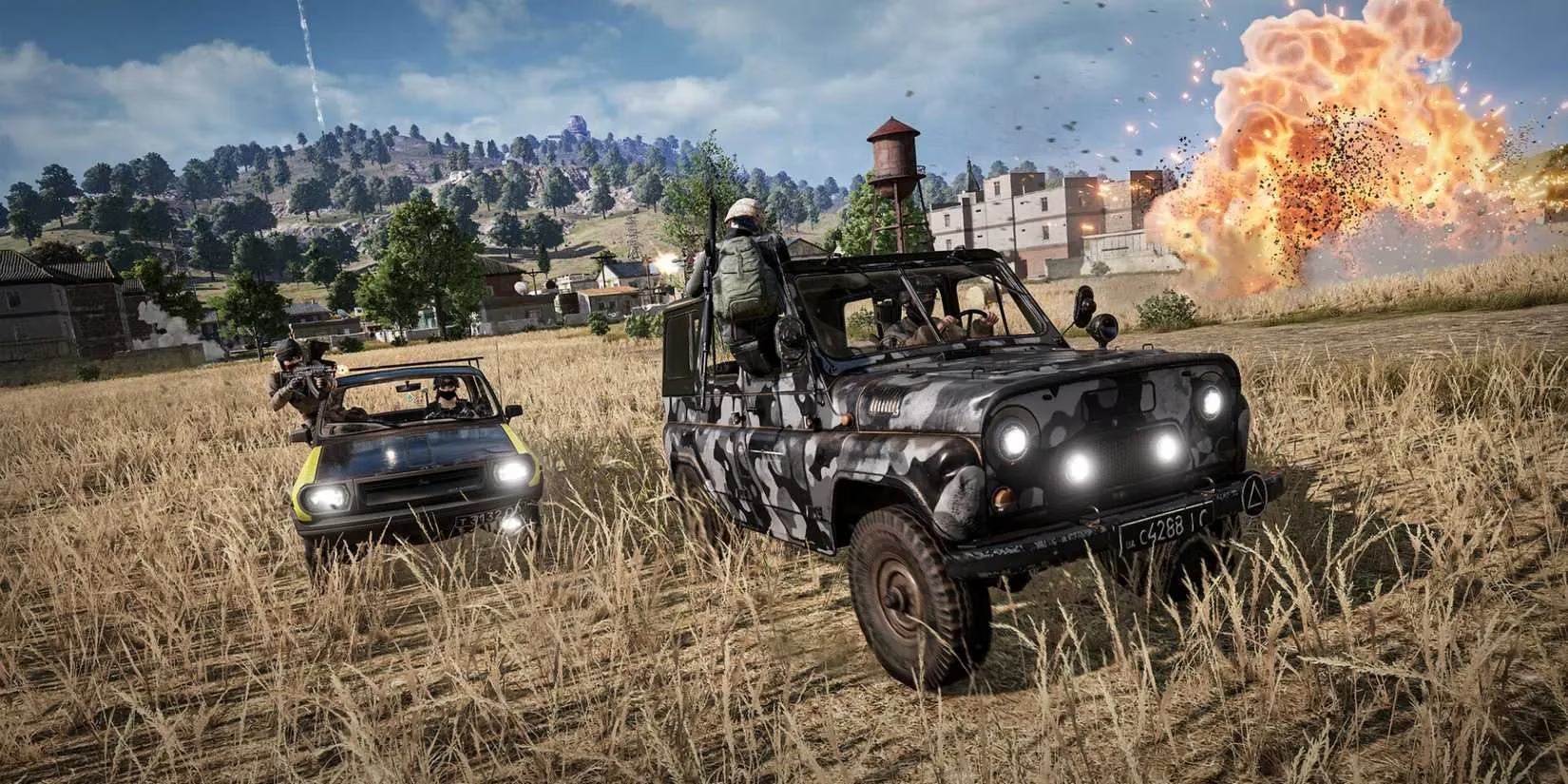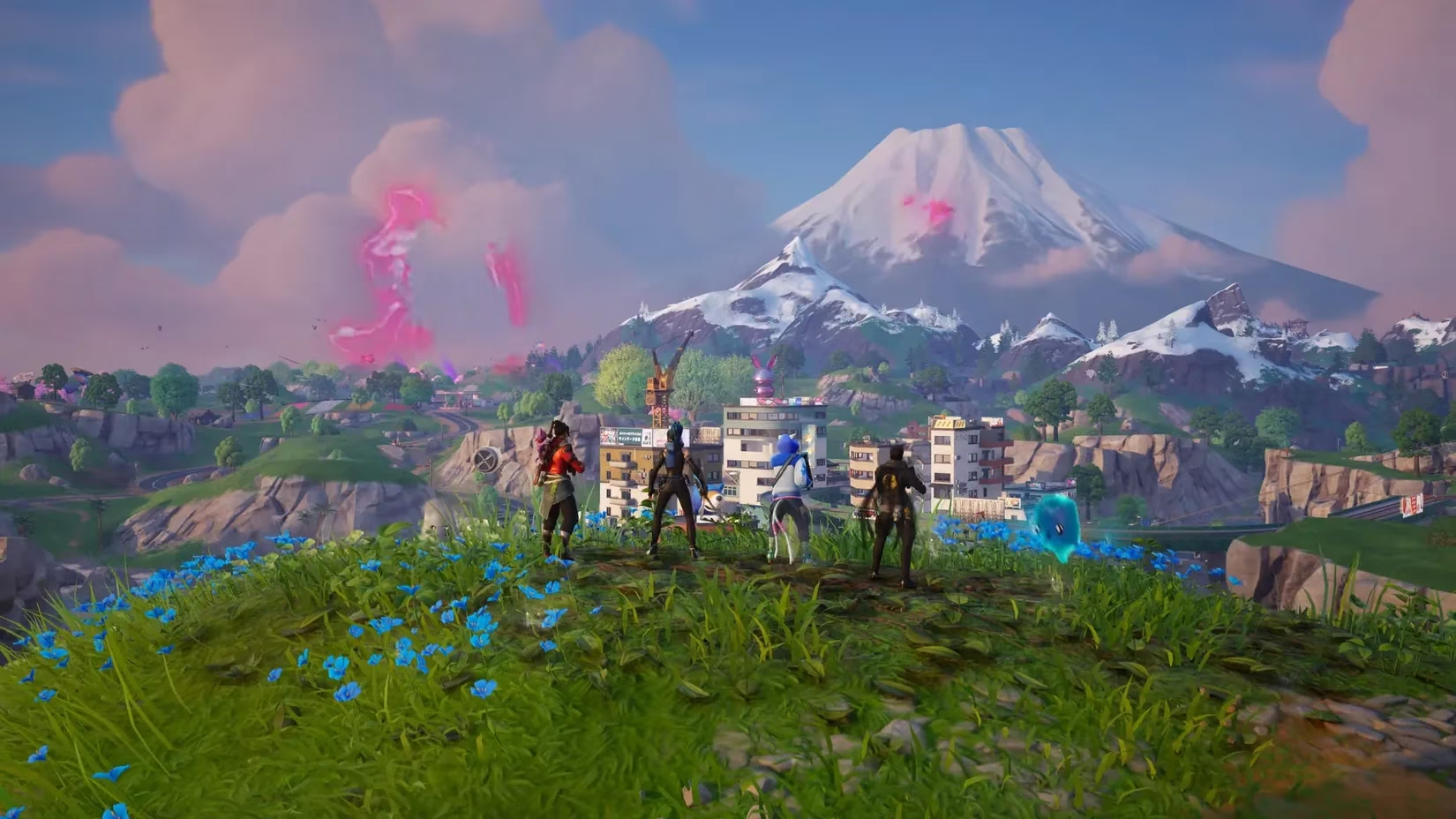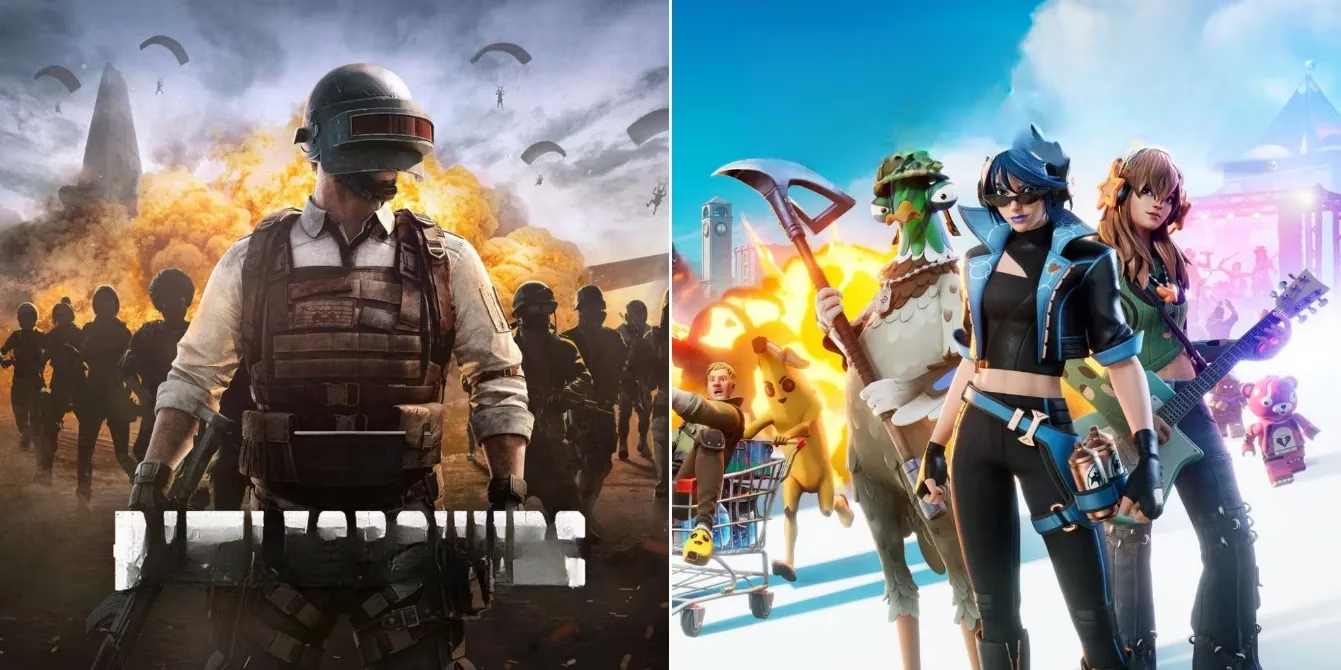Krafton's shift from PUBG's battle royale roots to a Fortnite-like gaming platform reveals an ironic industry evolution, blending innovation with market pressures.
The gaming landscape witnessed an ironic twist in 2025 as Krafton, once fiercely protective of PUBG's battle royale legacy, openly embraced the very model it once accused others of copying. That familiar sting of déjà vu hangs heavy in the air—how swiftly the tables turn when corporate hunger meets industry evolution. One can almost taste the metallic tang of irony, sharp and unyielding, as the company that once shouted 'copycat' now meticulously studies Fortnite's blueprints. Is this the inevitable evolution of live-service games, or a surrender to market pressures? The ghost of PlayerUnknown's original vision seems to whisper through Erangel's abandoned buildings, watching its creation morph into something entirely new.
🔄 The Platform Pivot: PUBG 2.0's Radical Rebirth
Krafton's investor call felt less like a strategy session and more like a confession. CFO Dongkeun Bae’s declaration that PUBG 2.0 would transcend traditional battle royale boundaries echoed with the hollow ring of rehearsed ambition. "It will not simply be a battle royale game per se," he stated—words that might as well have been etched onto Epic Games' stationery. The shift toward a "gameplay platform" mirrors Fortnite's metamorphosis so precisely it borders on uncanny. Walking through PUBG's proposed digital ecosystem, one imagines neon-lit creator hubs replacing military bases, where player-built experiences shimmer like mirages in the desert. Yet the absence of a concrete timeline leaves this future frustratingly opaque—a half-formed promise suspended between vision and reality.

💰 Monetization Mania: When Creativity Meets Capitalism
Krafton’s hunger radiates through every investor slide—a palpable, almost physical craving for Fortnite’s revenue streams. The planned emphasis on user-generated content (UGC) carries the saccharine scent of opportunity, yet beneath it simmers the bitter aftertaste of their alleged Subnautica 2 dealings. Allowing creators to monetize their PUBG experiences feels less like empowerment and more like franchising desperation. Consider War Thunder's recent multi-million-dollar fanmade-map acquisition: a stark reminder of how easily UGC idealism curdles into transactional pragmatism. How many passionate modders will truly profit versus becoming digital sharecroppers? The tension between creative freedom and corporate control hangs thick as Vikendi’s snowstorms.
🧩 Unreal Ambitions: Engine-Switching Symphony
Krafton’s accelerated migration to Unreal Engine reveals more than technical necessity—it’s a spiritual pilgrimage to Fortnite’s birthplace. One can visualize developers kneeling at Epic’s digital altar, praying its enhanced UGC tools will conjure Roblox-like engagement. The CFO’s admission about "speeding up development" crackles with nervous energy; it’s the sound of a company sprinting to board a departing train. Yet technical transitions rarely unfold smoothly. Will PUBG’s gritty realism survive the engine swap, or will it emerge as a Fortnite-flavored clone? The haunting specter of identity loss looms over every line of migrated code.

♻️ From Copied to Copycat: The Circle of Life?
The narrative arc feels Shakespearean—PUBG, once the aggrieved innovator, now courts its former rival’s essence. That 2017 courtroom drama accusing Fortnite of imitation seems centuries ago. Today, Krafton gazes upon Epic’s empire not with litigious fury, but with starry-eyed emulation. The reference’s "enemies-to-lovers" quip stings because it rings true; what began as bitter rivalry now resembles corporate courtship. One wonders: Is imitation truly flattery when it’s driven by balance sheets rather than admiration? The original battle royale purity has undiluted nostalgia—drop-ships rattling, panicked loot scrambles, that first chicken dinner—now threatened by platform-exuberance.
| PUBG Evolution Timeline | Key Milestone | Irony Level 🥴 |
|---|---|---|
| 2017 | Defines battle royale genre | Low |
| 2018 | Sues Epic over Fortnite similarities | Medium |
| 2023 | Experiments with limited UGC features | High |
| 2025 (Projected) | Full platform transition | Maximum |
❓ Unanswered Questions in the Fog of War
Krafton’s vagueness about "wide-ranging modes" feels intentionally nebulous—a corporate Rorschach test where investors see profit while players see uncertainty. The silence on moderation infrastructure is particularly deafening. Without robust safeguards:
-
Will PUBG’s tactical gunplay drown in mini-game chaos? 🎮
-
Can creator economies thrive without exploitative pitfalls?
-
Does any battle royale soul remain beneath the platform layers?

The most haunting question lingers unspoken: When a game sheds its original identity to chase trends, what memories must it bury? Those early Miramar sunrises, the heartbeat-thump of final circles, the camaraderie of squad wipes—will they survive the platform-ification? Or become mere museum pieces in Krafton’s meta-verse? Perhaps only the winds whipping across Sanhok’s rivers truly know.
The following breakdown is based on Polygon, a leading source for gaming industry analysis and cultural commentary. Polygon's reporting on the evolution of live-service games and the competitive dynamics between PUBG and Fortnite provides valuable context for understanding Krafton's strategic pivot, highlighting how industry giants often adapt rival innovations to stay relevant in a rapidly shifting market.
